Market Share
Mobile Gambling Market Share Analysis
Emergence of Blockchain-Powered Online Gambling Platforms
The gambling industry has witnessed considerable growth, propelled by increased internet accessibility and a surging ownership of smartphones, which have driven the expansion of the mobile gambling market. With the growth potential in this sector, numerous providers of blockchain technology are eyeing entry into this domain. Bitbook.ag, founded in 2018, stands as one such company spearheading a blockchain-driven gambling and betting platform. This enterprise perceives blockchain as a transformative force capable of disrupting the online gambling market by infusing security and authenticity into the entire gambling process.
Online gamblers often harbor hesitations about placing bets due to distrust in the betting mechanisms. Instances have been reported where individuals unfairly lost money or were barred from using gambling sites despite winning. Such occurrences have eroded trust in online gambling platforms. Typically, in gaming sites, operational aspects, including bets, payments, and game outcomes, remain confined between the betting site and software providers. Players lack the means to verify their bets, fostering apprehensions about potential fraudulence. Although entities like Gaming Laboratories International, eCOGRA, and iTech Labs serve as third-party monitors for online gambling sites, gambler resistance persists.
Blockchain technology operates as a distributed ledger, storing information across a network of blocks accessible to network participants while safeguarding the stored data against tampering, ensuring authenticity. In the realm of online gambling, blockchain's capacity enables the storage of bet-related data, game outcomes, and payment details. Participants linked to this blockchain network can effortlessly verify this information, instilling reliability into the system. Moreover, blockchain facilitates seamless transactions through cryptocurrency, eliminating intermediaries like third-party financial institutions or banks.
Firms operating in the online gambling sector can harness blockchain's potential to entice players to engage in gaming and place bets. Some startups have already ventured into this domain. For example, Bitbook.ag from the US, a player in the blockchain-based online betting sphere, launched its platform in 2018, offering over 200 casino games spanning roulette, slots, poker, blackjack, and sports betting. The company has already cultivated a robust base of loyal patrons. Similarly, Edgeless from Lithuania, established in 2018, stands as another mobile gambling provider offering Ethereum-based online casino games and employing smart contract technology for facilitating payments.
The gambling industry has experienced significant growth, especially in the mobile gambling sector, attributed to increased internet accessibility and smartphone ownership. Blockchain technology providers, such as Bitbook.ag, have identified the potential of blockchain in revolutionizing online gambling. Blockchain, as a distributed ledger system, promises enhanced security and transparency by ensuring data authenticity in online gambling transactions. This technology addresses gambler concerns regarding unfair practices in online betting. It stores crucial data like bets, game results, and payments in a tamper-proof format accessible to all linked participants, instilling trust in the system. Additionally, blockchain enables seamless cryptocurrency transactions, eliminating reliance on third-party financial entities.
Startups like Bitbook.ag and Edgeless have already embraced blockchain in online gambling. Bitbook.ag, established in 2018, offers a diverse range of over 200 casino games, catering to various preferences in online betting. On the other hand, Edgeless, founded in the same year in Lithuania, provides Ethereum-based online casino games using smart contract technology for payment processing, indicating a growing trend in integrating blockchain within the online gambling landscape.


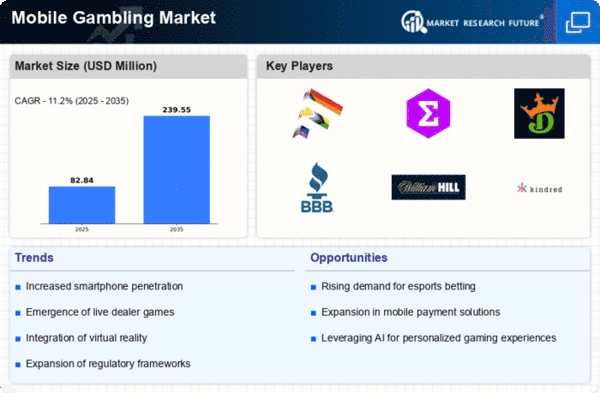
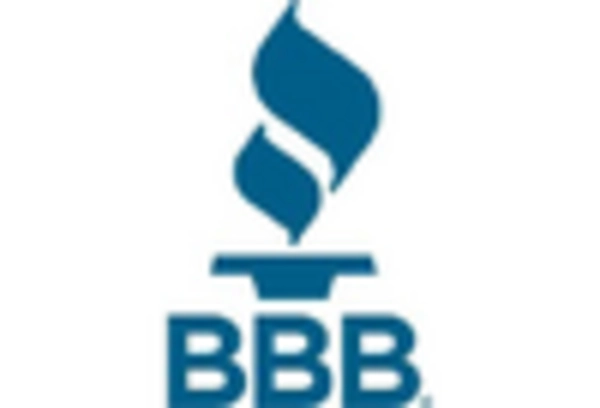
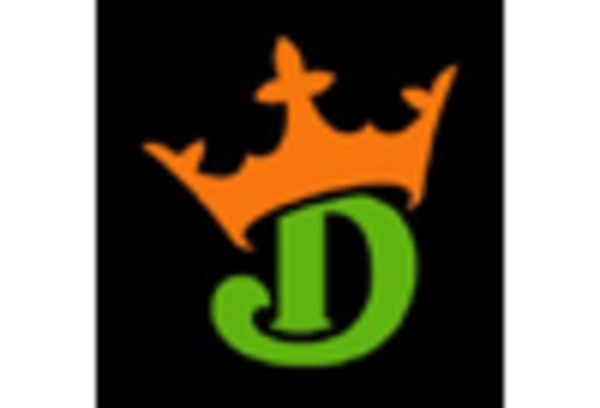
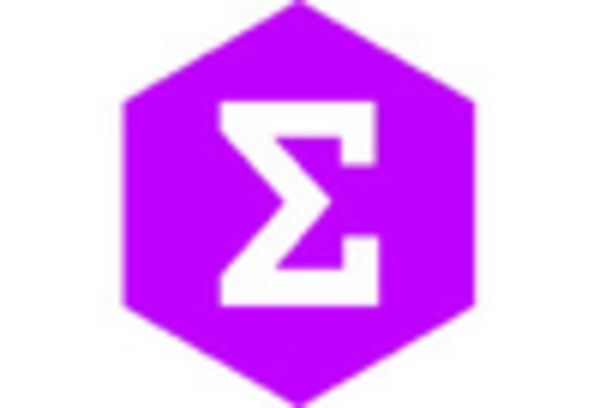
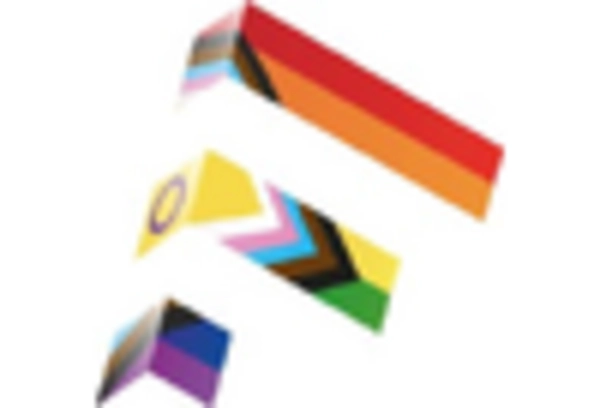











Leave a Comment